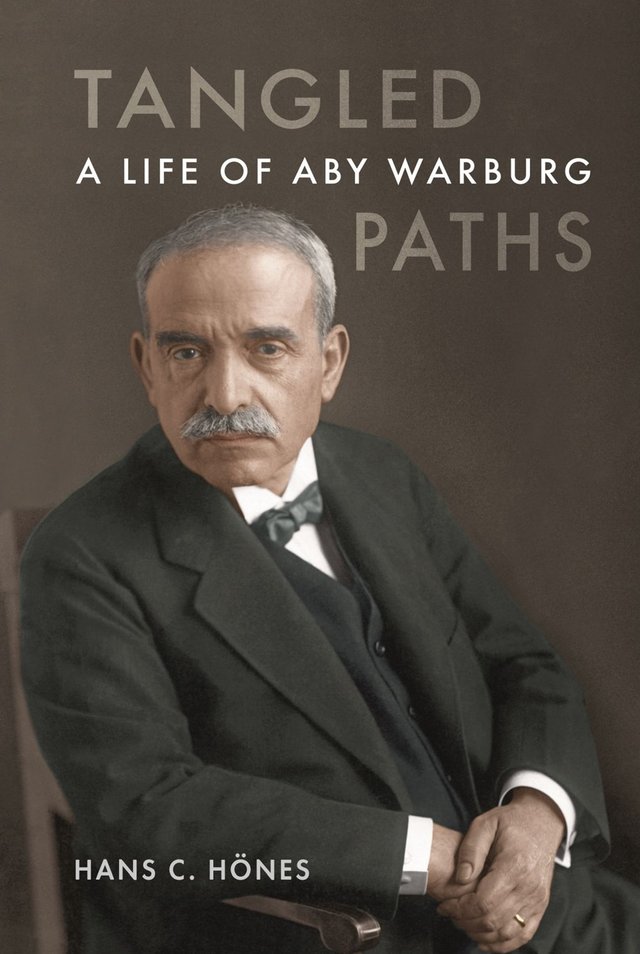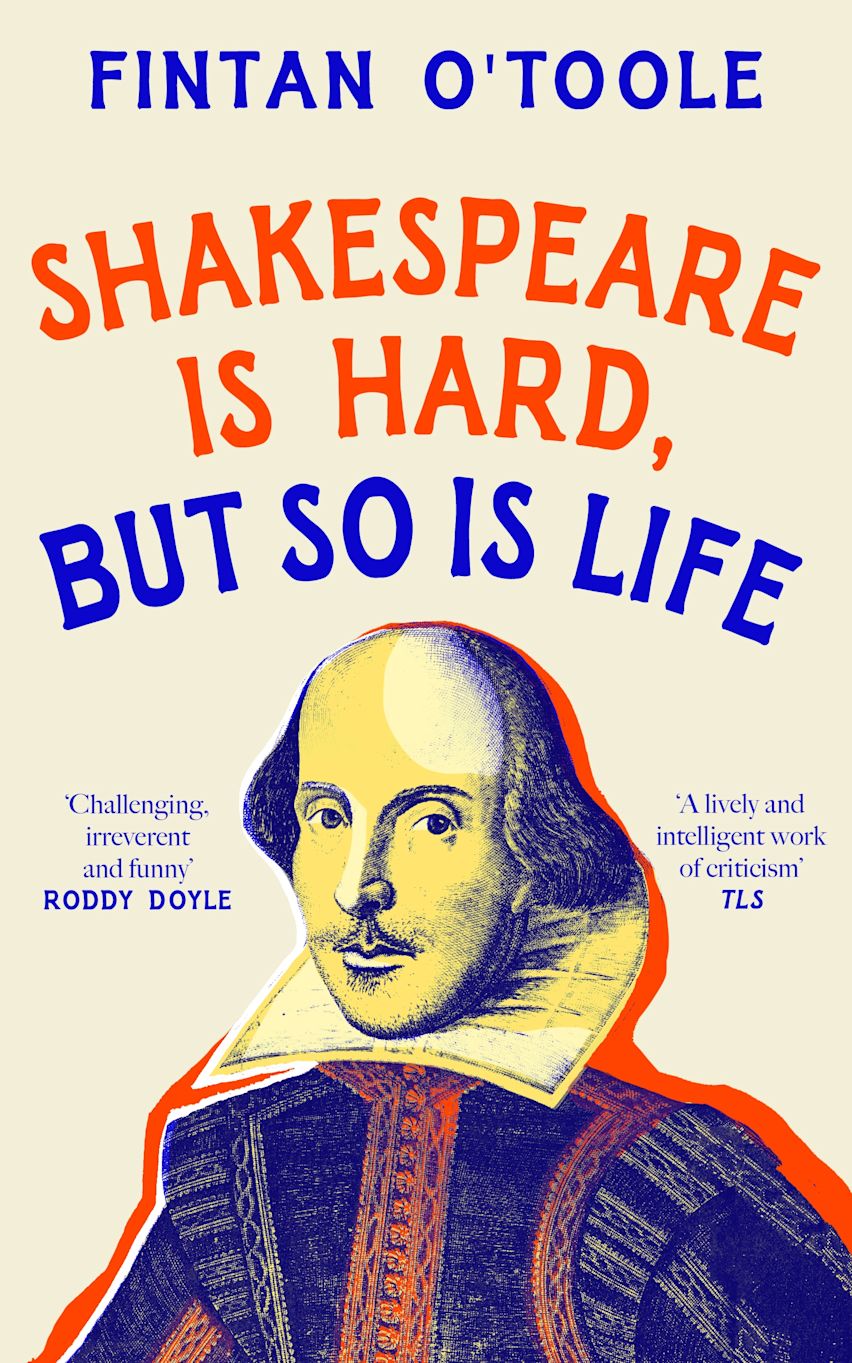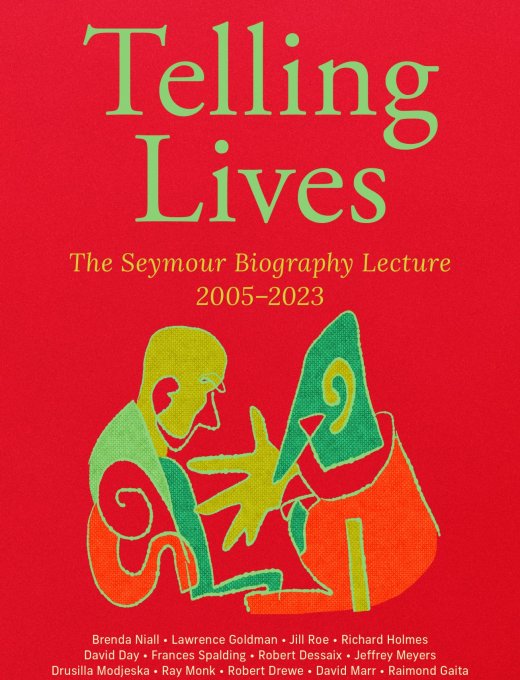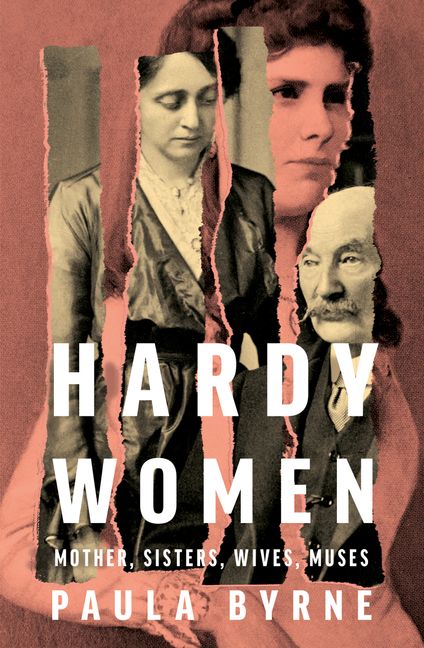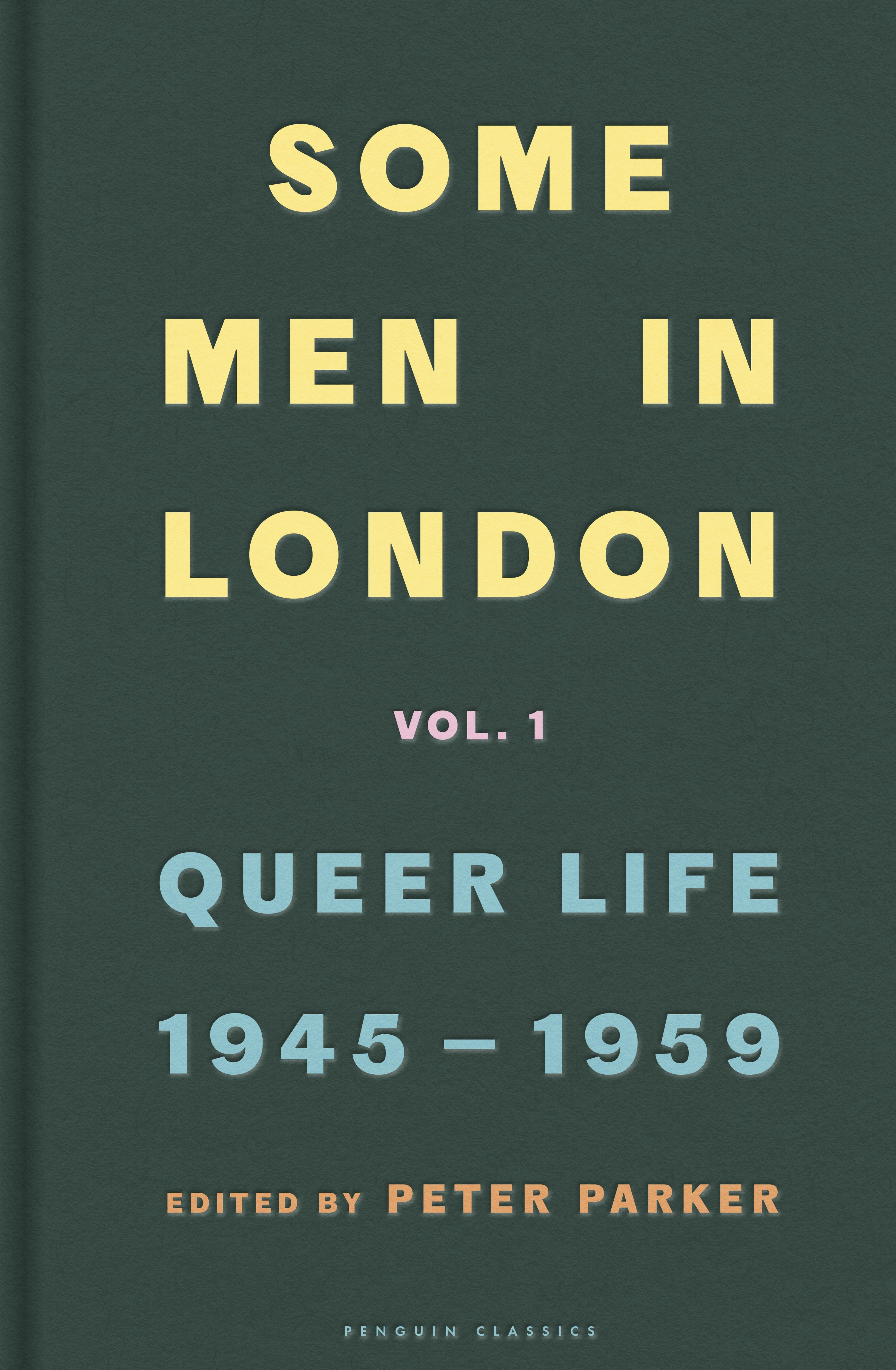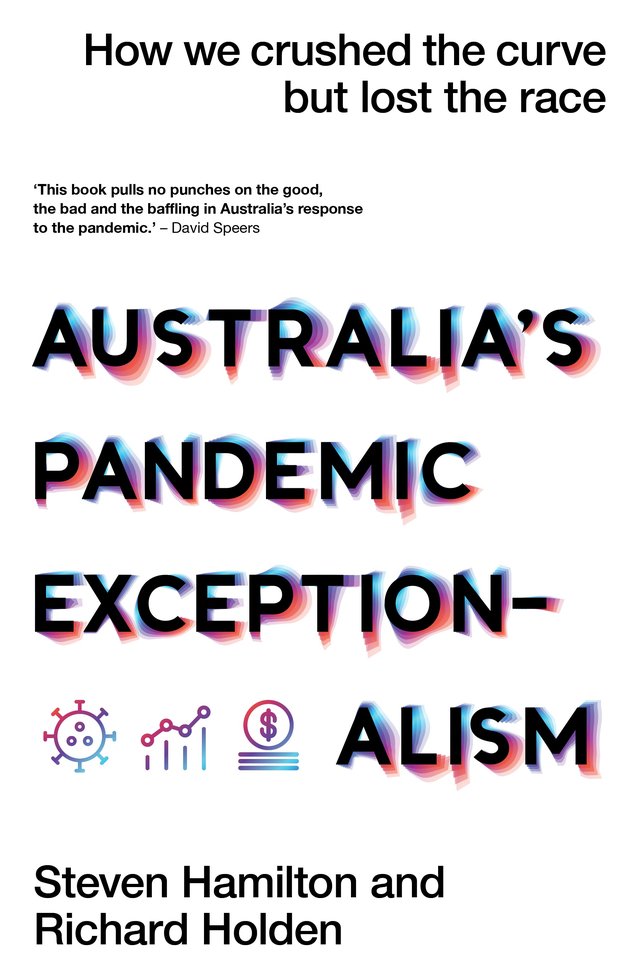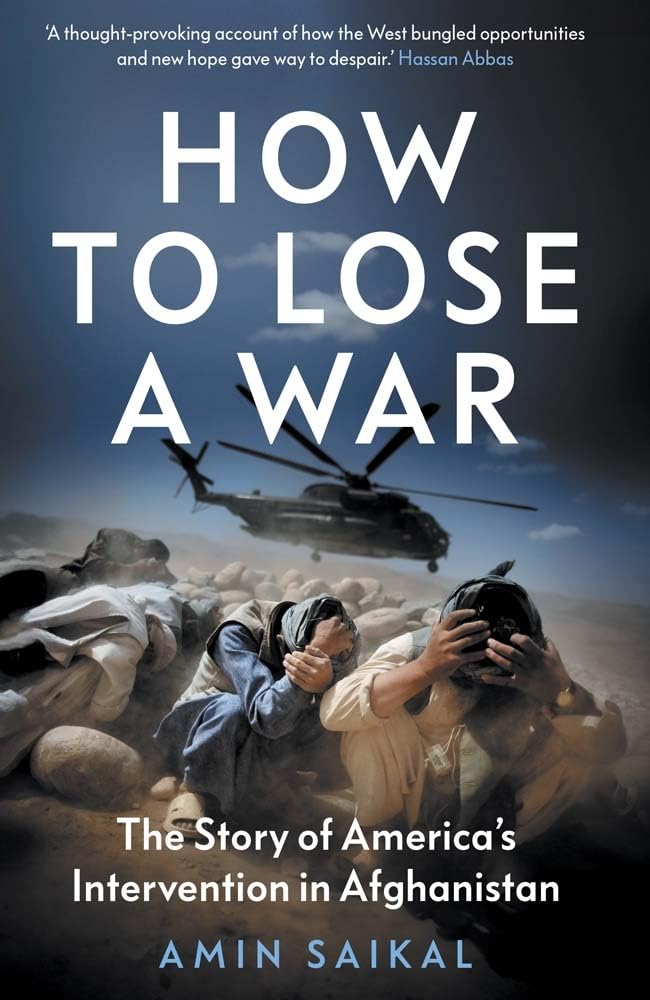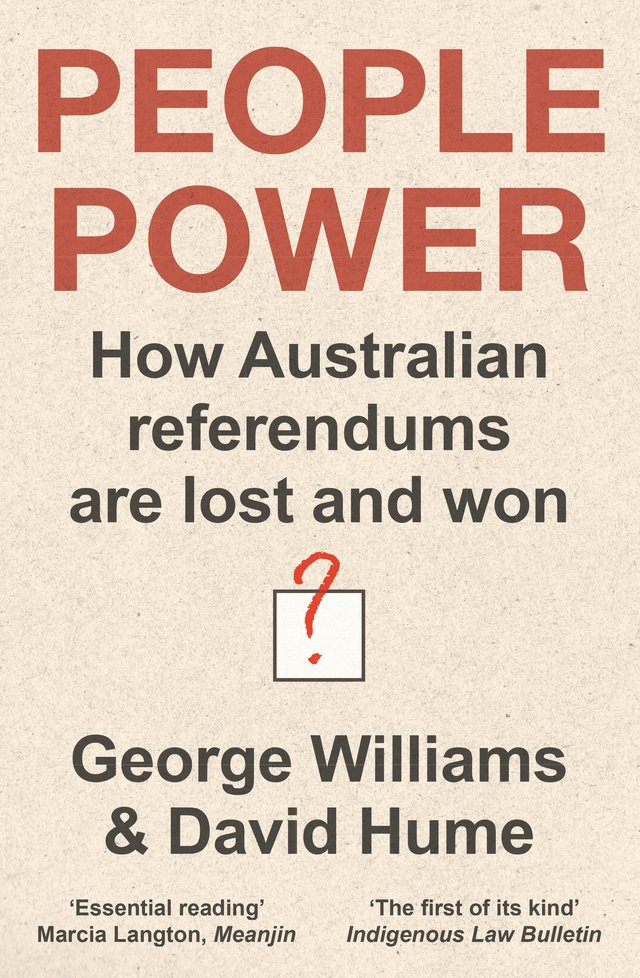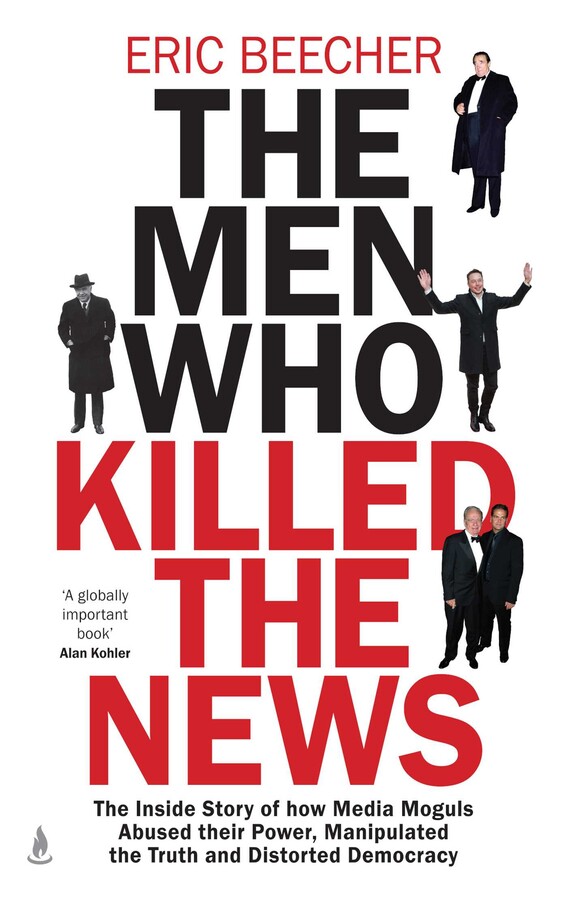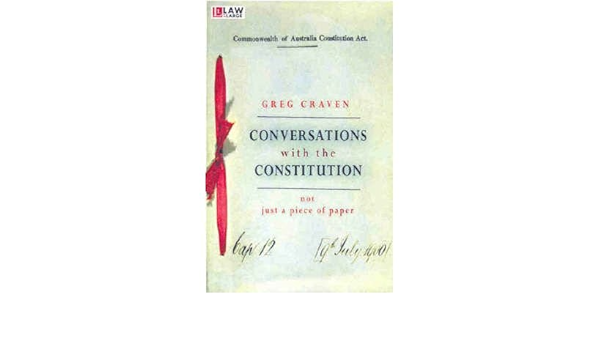Non Fiction
Aby Warburg (1866-1929) was an influential figure in the academic development of interdisciplinary studies during the early years of the twentieth century, and Hans Hönes’s excellent new biography charts the contributions and contradictions of Warburg’s life and work. Born into an immensely rich banking family in Germany, Warburg nevertheless resisted the expectations associated with his Jewish family background and, despite his grandmother’s hope that he might become a rabbi, opted to carve out for himself a career in humanities scholarship.
... (read more)In the dying days of the ignominious Conservative government that he led from 2019 to 2022, the former UK Prime Minister Boris Johnson compared his fall to that of Shakespeare’s Othello. ‘It is the essence of all tragic literature,’ he claimed, ‘that the hero should be conspicuous, that he should swagger around and that some flaw should lead to a catastrophic reversal and collapse.’ Fintan O’Toole seizes on this self-serving, deluded commentary as an instance of a widespread misconception of Shakespeare’s tragic art and one that can be traced, in part, to the playing fields of Eton.
... (read more)Telling Lives: The Seymour Biography Lecture 2005-2023 edited by Chris Wallace
In her Preface to Telling Lives, editor Chris Wallace invites the reader to join a thought experiment: a group of biographer-refugees, driven by earthly global warming to reside on planet Alpha Centauri, ask themselves: ‘Did biographers play a role in the downfall of Homo sapiens on Earth?’ Were they, in other words, complicit in the culture of disinformation that contributed to global catastrophe? Writing in the ‘post-truth era’, Wallace highlights the centrality of truth in what has traditionally been termed the ‘biographical contract’.
... (read more)We look to literary biography to understand how works of literature came into being and made their way in the world. But how much can we learn about the processes of artistic creativity from biography when the public self of the author almost completely effaces the private self of the writer: when we are left wondering how this person, of all people, could have created the works that bear their name?
... (read more)Some Men In London: Queer life, 1945-1959 edited by Peter Parker
The fifteen years from the end of the World War II to 1960 were in many ways a dark period of queer history in the United Kingdom. The 1920s and 1930s were relatively relaxed in their attitudes to the gay world. As Adam de Hegedus, writing as Rodney Garland, wrote in his novel The Heart in Exile (1953), ‘the war broke down inhibitions and the element of danger made sex rampant. Public opinion was lax and the understaffed police had many other things on their minds.’
... (read more)Australia’s Pandemic Exceptionalism: How we crushed the curve but lost the race by Steven Hamilton and Richard Holden
The Covid-19 pandemic has left its mark on all of us. How could it not? The shuttered small businesses; the warring states; the spectre of aged care residents, hands pressed against glass, unable to touch or receive relatives. The Centrelink queues, the taped-up playgrounds, the closed borders. The stranded cruise ships, the panic buying of toilet paper, the unrelenting and crushing boredom of our four walls. Personally, I can’t see a North Face jacket without a visceral flashback to our erstwhile Victorian premier and his trademark press conference opener: ‘We right to go?’ The desire to forget all of this, to move on from the pandemic, is what makes Australia’s Pandemic Exceptionalism: How we crushed the curve but lost the race such an important contribution to the literature of Covid-19 post-mortems.
... (read more)How to Lose a War: The story of America’s intervention in Afghanistan by Amin Saikal
Though scarcely a teenager at the time, I remember clearly what I was doing when I heard the news of John F. Kennedy’s assassination in 1963. That was a seminal event for the baby-boomer generation – not only in the United States, but around a then barely globalised world. I suspect the equivalent event for young adults today is the horrifying television footage, rebroadcast countless times since, of two passenger aircraft being deliberately flown into the twin towers of New York’s World Trade Center on 11 September 2001.
... (read more)People Power: How Australian referendums are lost and won by George Williams and David Hume
People have peculiar but passionate views about referendums. A large number swear that in 1974 and 1988 the people voted against referendums on the existence of local government. To them, local government is ‘unconstitutional’, so they don’t have to pay their council rates. Members of the same cohort also proclaim that they have a constitutional right to trial by jury for state criminal offences and a right to compensation on just terms if a state compulsorily acquires their land.
... (read more)The Men Who Killed the News: The inside story of how media moguls abused their power, manipulated the truth and distorted democracy by Eric Beecher
Media owners and enablers, autocrats and charlatans, henchmen and underlings, midshipmen and first mates, hangers-on and frenemies populate this book. The Men Who Killed the News is about media moguls over the past 150 years, with the occasional grand-mogul and even anti-media mogul (see Silvio Berlusconi) thrown in.
... (read more)Conversations With The Constitution: Not Just A Piece Of Paper by Greg Craven
The Australian Constitution contains no aspirational statements of national possibility or sweeping vision of collective virtue, but the founders did not intend the Constitution’s meaning to remain fixed. It was to function as a prism of our national self-understanding, and its elaboration and development should aim, in the words of Alfred Deakin, to ‘enable the past to join the future, without undue collision and strife in the present’.
Greg Craven, professor of Government and Constitutional Law at Curtin University, attempts to steer a delicate course: to rescue Australia’s founding document from irrelevance and scorn; and to preserve it from the impatient hands of reformists. Although he is more interested in demonstrating the Constitution’s resilience than in exploring in detail the contours of our constitutional democracy, Craven raises important questions about the legitimate roles of the judiciary and parliament, the future of federalism and the prospects for an Australian republic. He writes with zeal and obvious enthusiasm, and, while his rhetorical extravagance is often distracting, his discussion is never dull.
... (read more)

